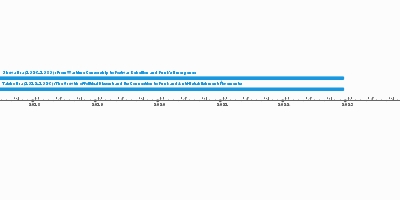Lolita (ロリータ) Late Showa-Present (Flourished and Diversified During Heisei) (feb 1, 1989 – dec 1, 2019)
Description:
Description:A fashion subculture inspired by Victorian and Rococo aesthetics, with elaborate dresses, petticoats, and accessories. While it began in the late Showa era, it flourished and diversified during Heisei.
Cultural / Historical Context:
Lolita fashion offered a form of escapism and self-expression, particularly for young women. It emphasized cuteness (kawaii) and historical aesthetics, creating an alternative to mainstream fashion trends.
Events/Names:
Late Showa Era: Initial emergence of Lolita fashion.
Heisei Era: Flourishing and diversification of Lolita substyles (Sweet Lolita, Gothic Lolita, etc.).
Specific Events:
Mid-1990s: The rise of Gothic Lolita: This darker, more mature substyle gained popularity, expanding the boundaries of Lolita fashion.
Early 2000s: Increased international recognition of Lolita fashion: This subculture gained a following outside Japan, influencing fashion trends and inspiring designers.
Connection to Youth Rebellion/Punk Sentiments:
Lolita fashion offered a way for youth—especially young women—to create alternative identities and challenge societal expectations of adulthood and maturity. Its emphasis on cuteness and historical aesthetics can be seen as a rejection of mainstream fashion trends and a celebration of individuality.
Why This Subculture Matters:
Lolita culture emphasized cuteness (kawaii) and escapism, offering a way for youth to create alternative identities.
Equivalent Western Example:
Similar to other alternative fashion subcultures that emphasize historical aesthetics and self-expression, such as steampunk and cosplay communities in the West.
Added to timeline:
Date:
feb 1, 1989
dec 1, 2019
~ 30 years
